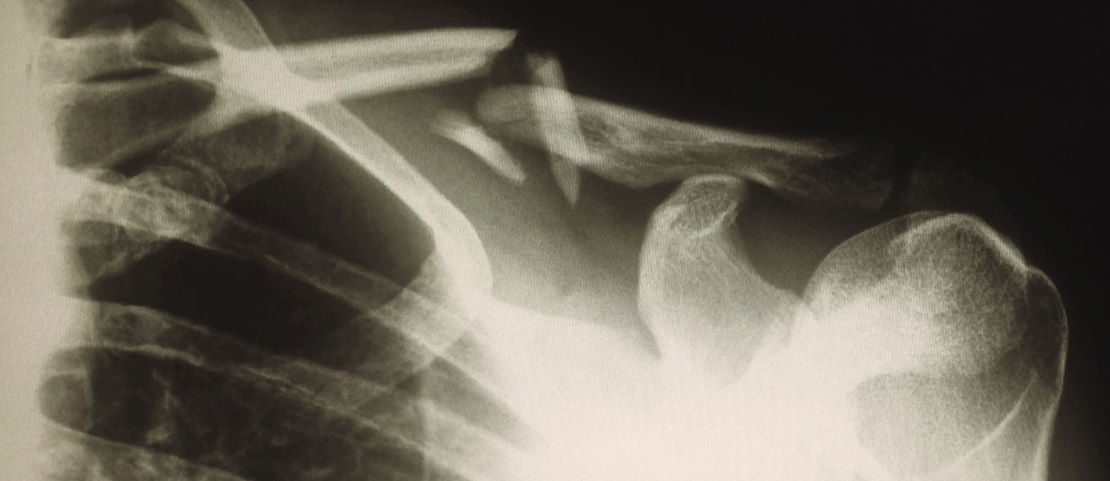

What Effect Will AI Have on the Orthopaedics Industry?
So, more or less as soon as I set myself the task of answering the question in the title, I realised that it was no easy task to do so.
Which means I did what any sensible person would do when faced with a difficult question: I asked someone else. 3 people actually. Experts spanning the length and breadth of the orthopaedic market to give their opinions on the ramifications of AI for the wider market.
Over the course of our conversations, I asked each expert what they thought the impact of AI would be and where they thought it would be best applied throughout the market. After we’ve taken a look at what their thoughts were, with the bullet sufficiently dodged, we can come back to what I think at the end of the article.
So, here we go:
What Impact Will AI Have on the Orthopaedics Sector?
More Effective Patient Monitoring
First up, I spoke with Micheal O’Regan. He’s a Business Development expert in orthopaedics and biologics, with more than 20 years’ experience in the market.
He felt that we’re already seeing the rise of AI in orthopaedics. It’s creeping into the market and gradually occupying more and more space in different areas of the market, but one area he was particularly interested in was that of patient-physician communications.
Michael spoke of AI giving patients the capability to monitor their own progress by inputting data for about their recovery post-operatively. This data can then be tracked and interpreted by algorithms who can assist the doctor in the decision making process as to the best course of action or treatment.
Several prosthetics companies including Zimmer Biomet and Microport have adopted the tech, developing apps which do just that – allowing continued communication between patients and surgeons following Total Joint Replacement (TJR) surgery.
Michael spoke of another company too: US based Regenerative Medicine, whose inCyte software package encourages patients to input their own data for the physician to take note of. Taking it one step further than this is the Trac Patch, from Consensus Orthopaedics. They’ve developed the first automated sensor for both pre and post-op patient monitoring.
For time poor surgeons, AI could give them back the gift of time through more efficient patient monitoring. Realtime patient monitoring using either patient-led data input or automated tracking could mean that a physician can keep track of a patient’s recovery from afar, without the need for potentially unnecessary follow-up appointments. This may allow the surgeon to dedicate time elsewhere to those that need their attention most, and relieve the patient of the requirement to attend tedious and often unnecessary follow up appointments.
Affecting All Aspects of Surgery
Sebastien Plouhinec, Medical Education Manager for orthopaedic multinational Lima Corporate, felt that AI could have far-reaching implications for all stages of the operative process.
In terms of the impact on the different stages in the process, he highlighted how AI could impact:
- Pre-operatively with regard to planning, as it utilises big data to make intelligent suggestions for procedures, aiding the creation of highly accurate simulations and 3D reconstructions
- In the Operating Room, as AI can assist surgeons in a variety of procedures. Sebastien highlighted the example of a shoulder prosthesis, saying:
“If you take the example of the cut of the humeral head before implanting a shoulder prosthesis, it is scientifically proven that the cut angle will have a consequence on the final result.
Even with a metal guide, the free hand accuracy of a human hand cannot be as precise as a machine. A surgeon’s hand can go 180° whereas a robot can rotate 360° several times in a row for better access to difficult areas”
- Post-operatively. Sebastien echoed Michael’s comments, as the ability to track vast amounts of data means that issues can be detected and outcomes predicted far more effectively by AI enabled devices in-or-outside the hospital.
Sebastien highlighted the capability of AI to arm physicians with data to enhance care throughout the treatment of any orthopaedic procedure.
Enabling Preventative Healthcare
The last expert I heard from was Fabio Donvito. Fabio is Hip Group Marketing Manager for Corin. He felt that AI could have a significant impact on orthopaedic design, especially prosthesis, where designs haven’t been dramatically changed for the last 10 years.
Fabio also went one step further, saying that AI implementation could facilitate a move into a world of preventative healthcare, where issues are identified and treated before they occur instead of reactive care, which can only happen when a problem has arisen.
Just as Michael and Sebastien said, Fabio believes that data-centric healthcare has extremely exciting potential:
“We are now in the Big Data “moment” where we have the possibility to access billions of pieces of data. AI will help us to find correlations between this data to understand how to prevent the start of a disorder or to correct specific behaviours which are potentially dangerous for the patient.”
I thought his last point was particularly interesting, going back to that preventative healthcare idea.
Conditions in orthopaedics are so often caused by routine, small but repetitive movements carried out over a number of years, where the degradation of bones or joints is so gradual that it is difficult to track. AI could change all that.
The ability to map, model and predict the way a joint will move and degrade using massive data pools could enable us to make more accurate predictions than ever about a patient’s future condition as well as assessing their current one.
Attitude Change Needed
We’ve seen that all 3 of the experts I spoke with agree that AI has the potential to have a significant impact on the way in which orthopaedic treatment and care is administered. However, potential alone isn’t necessarily enough to determine whether or not that impact will be realised.
As technology continues to develop at an ever-more rapid rate, the capabilities of AI-enabled equipment are always expanding. The next question then, is how comfortable are we with that?
Ironically, it’s like that the biggest stumbling block for AI implementation comes from those who stand to benefit from its use, namely surgeons and patients. This was something that Sebastien highlighted in our correspondence.
He said that public attitudes can be much slower to change than technology is to develop. Handing over more responsibility to machines in surgery, however intelligent, is an unnerving proposition for many patients. Also, you might see pushback from some surgeons who feel threatened by AI if it transpires that some procedures can be performed more effectively without their involvement.
Sebastian also raised another important question that needs to be overcome: liability.
Namely, in the event of an accident, who would be liable: the surgeon supervising the procedure, the engineer who calibrated the device or the manufacturer? Whilst AI may reduce the number of mistakes that occur, they invariably will still happen at some point, so it’s important to know who should be held accountable in that instance.
Before getting too carried away with the impact AI will have on the sector, it’s vital that we take these elements into account too.
So, What Effect will AI Have on Orthopaedics?
Well, according to the people I’ve spoken with, the effects of AI promise to be significant and far reaching. But as highlighted by Sebastien, significant societal and attitude changes are required to make those changes happen.
Therefore, even though AI is being used more and more throughout the industry, it’s still too early to make an accurate prediction as to what effect its implementation will have on the whole space (dodging the question again, I know).
Before answering that, we may have to ask ourselves to what degree are we comfortable with handing control of our healthcare in the hands, claws, scalpels or brains of super-intelligent machines instead of our human healthcare providers.
Do you agree with the experts I spoke with? Will attitudes change enough to see widespread adoption throughout all stages of orthopaedic treatment? Get in touch and let me know what you think.
Recommended.
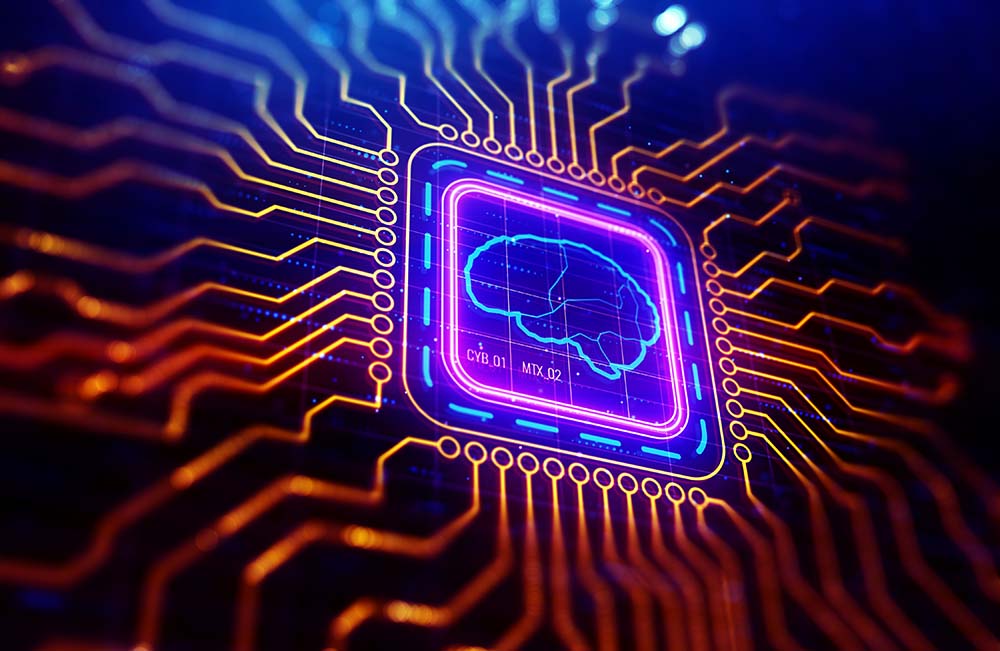
What Does Consumer Neurotech Innovation Mean for the Medical Device Industry?
Integrating systems into the human brain to control our everyday devices may seem very ‘Black Mirror’, but thanks to modern neurotechnology it's quickly becoming reality. Click to find out more.
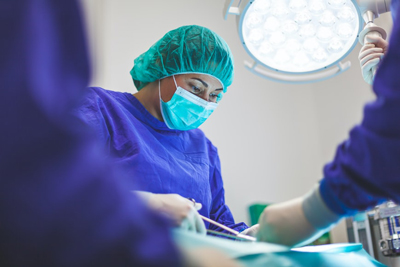
How to Master Reimbursement in Medical Devices & Biotech.
In this live webinar, hosted by CM Medical, we went in search of expert reimbursement advice - speaking to Deborah Rizzi and Steven Haken of Odelle Technology.
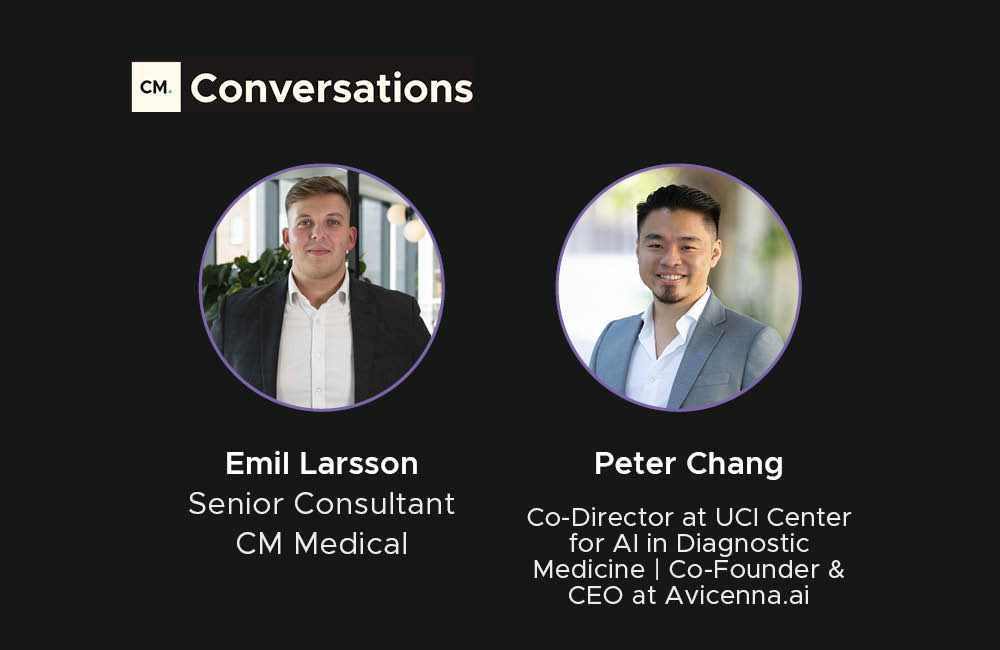
How to Stand Out in a Saturated AI & Medical Imaging Market.
We asked an expert at an innovative medical imaging start-up about how they had overcome this challenge. Click now and listen to what they said.
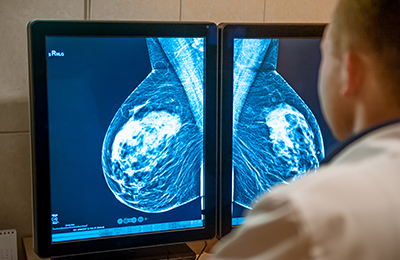
Comments.